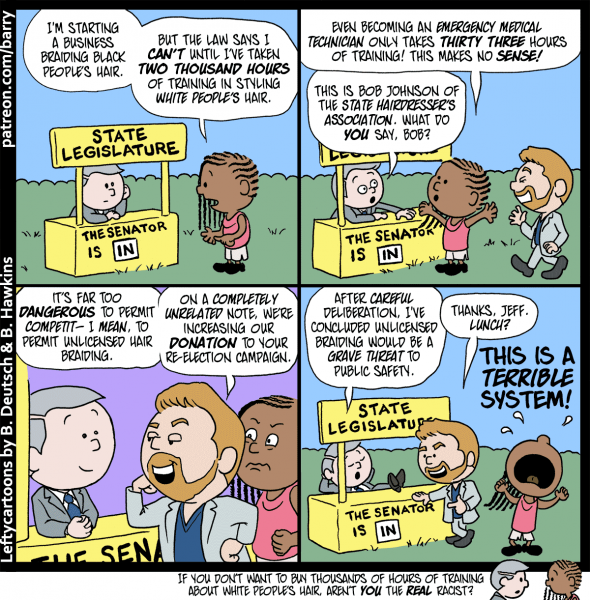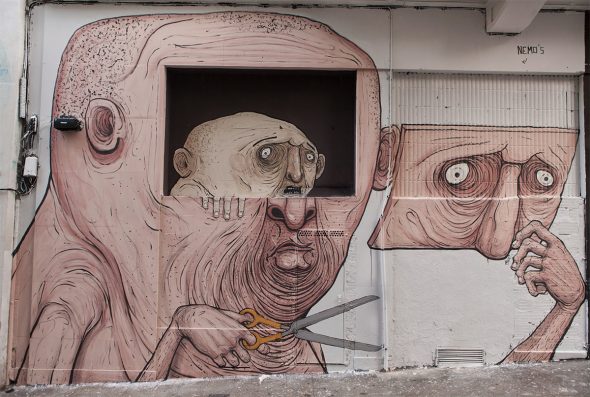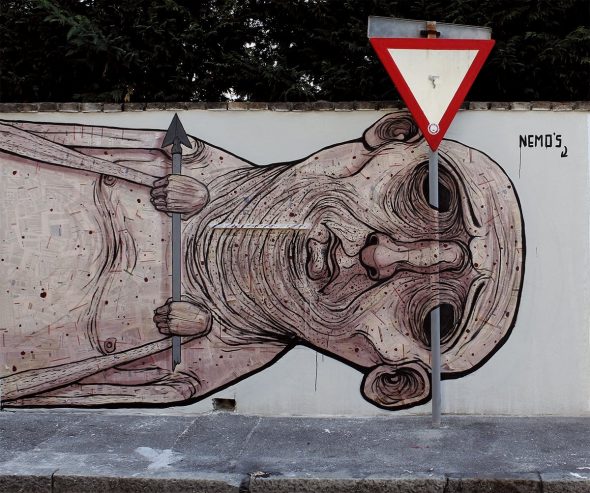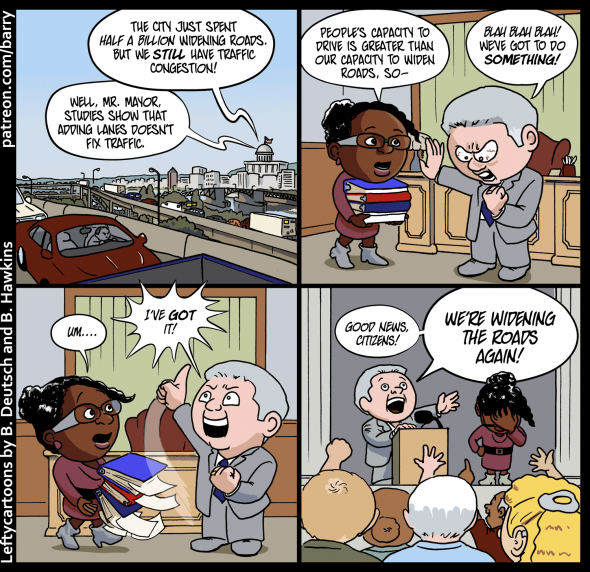Help me make more cartoons by supporting my Patreon! I make a living through $1 pledges.
This cartoon is a collaboration with Becky Hawkins. Becky and I have done other political cartoons together, and we also collaborate on our webcomic SuperButch.
As you can see, our approach on this strip was very influenced by Charles Schulz’s seminal Peanuts comic strip. Becky says, “It was fun. I read a lot of Peanuts (and Garfield, Family Circus, Calvin & Hobbes, and [don’t tell] Dilbert) when I was learning how to draw, so I felt very at-home.”
I’m not against all occupational licensing requirements. But it’s hard to ignore that many requirements seem to be more about limiting competition than about consumer safety. And, as you’d expect, these occupational licensing abuses always benefit the haves over the have nots – which means, on average, advantaging white people and disadvantaging minorities.
Vox has an explainer summarizing the issue, written by James Bessen. From Bessen’s article:
Jestina Clayton learned traditional African hair braiding as a young girl in Sierra Leone. In 2006, after immigrating to the US, Jestina started a hair braiding business in Utah to help support her family while she and her husband attended college. But after a few years, the state of Utah told her she needed a cosmetology license in order to continue her business. That would require 2,000 hours of training, little of it related to hair braiding.
These kinds of barriers to the workplace are known as occupational licensure, and they have gotten increasingly common in recent years. In the 1950s, only 70 occupations had licensing requirements, and these accounted for 5 percent of all workers. By 2008, more than 800 occupations were licensed in the various states and they accounted for 29 percent of all workers. Licensed occupations include everything from barbers and interior designers to nurse practitioners and physicians.
At a time when too many Americans are out of work, excessive licensing regulations create a serious barrier to economic opportunity for workers. While licensing is important for some occupations, excessive regulations also tend to raise consumer prices and reduce access to services, including access to healthcare.
Because each state has its own licensing requirements, the rules can also make it unaffordable for people to move – even when moving would otherwise make sense.
This is one of those issues where I have to go off brand by saying the libertarians are right. There is too much government in this area, and we’d be both freer and wealthier as a country if we could pare the regulations back. (Of course, if your knee jerk reaction to every problem is to say “cut back government and regulation!” by sheer chance you’ll be right once in a while.)
TRANSCRIPT OF CARTOON
This cartoon has four panels, plus a small extra “kicker” panel below the bottom of the strip. Each panel has the same setting – a green field with blue sky, and a childish booth, drawn to resemble Lucy’s “psychiatric help, the doctor is in” booth from the comic strip Peanuts. But this booth says “State Legislature, the Senator is in.”
Behind the desk is a white man with gray hair and a conservative suit and tie.
Panel 1
The Senator sits behind his booth, listening with his head resting on one hand. A Black person with braided hair has walked up to the booth and is talking to him.
BRAIDER: I’m starting a business braiding Black people’s hair. But the law says I can’t until I’ve taken two thousand hours of training in styling white people’s hair.
Panel 2
The Braider keeps on talking, getting a bit more passionate. Behind them, a grinning man wearing a v-neck shirt and a blazer, with a full beard and carefully styled hair, walks on, waving “hi.”
BRAIDER: Even becoming an Emergency Medical Technician only takes thirty three hours of training! This makes no sense!
SENATOR: This is Bob Johnson of the State Hairdresser’s Association. What do you say, Bob?
Panel 3
Bob leans his elbow on the Senator’s desk, oozing confidence. The Senator listens like an attentive schoolboy. Behind Bob, unnoticed, the Braider looks angry and appalled.
BOB: It’s far too dangerous to permit competit- I mean, to permit unlicensed hair braiding.
BOB: On a completely unrelated note, we’re increasing our donation to your re-election campaign.
Panel 4
The Senator, with a satisfied air, leans back on his chair, hands behind his head and feet on his desk. Bob grins and makes a “hand gun” gesture towards the Senator. The braider raises her hands into the air, and has a huge open mouth of despair and objection as she yells.
SENATOR: After careful deliberation, I’ve concluded unlicensed braiding would be a grave threat to public safety.
BOB: Thanks, Jeff. Lunch?
BRAIDER: THIS IS A TERRIBLE SYSTEM!
Small kicker panel below the bottom of the strip.
The Senator is talking to the braider.
SENATOR: If you don’t want to buy thousands of hours of training about white people’s hair, aren’t you the real racist?


 Meep is a character I drew for a role-playing game I was sketching out called Cats and Dogs Living Together.
Meep is a character I drew for a role-playing game I was sketching out called Cats and Dogs Living Together.






Where I work, our main obstacle to finding people to recycle our plastic is contamination by paper labels.